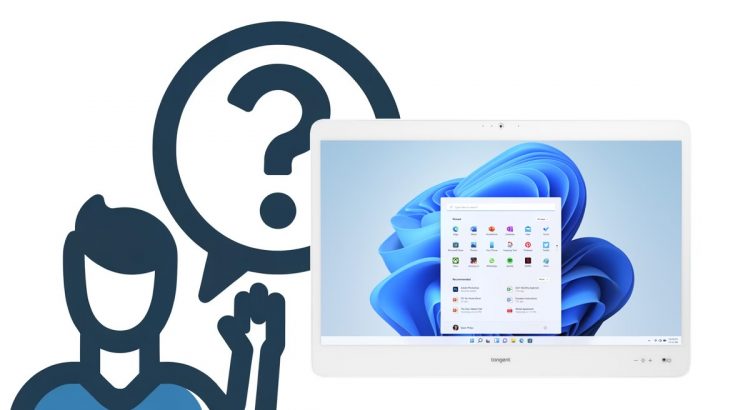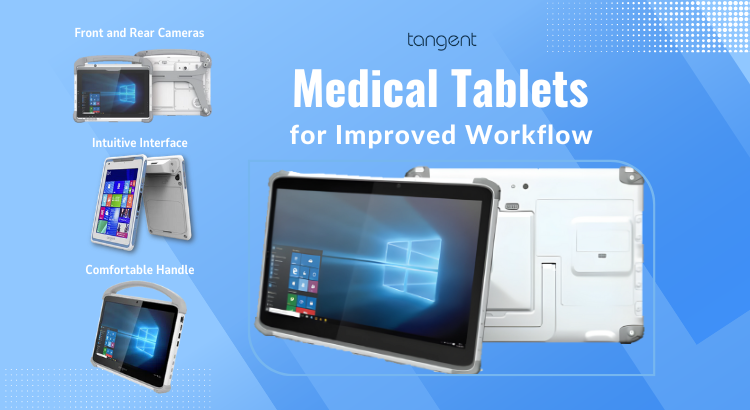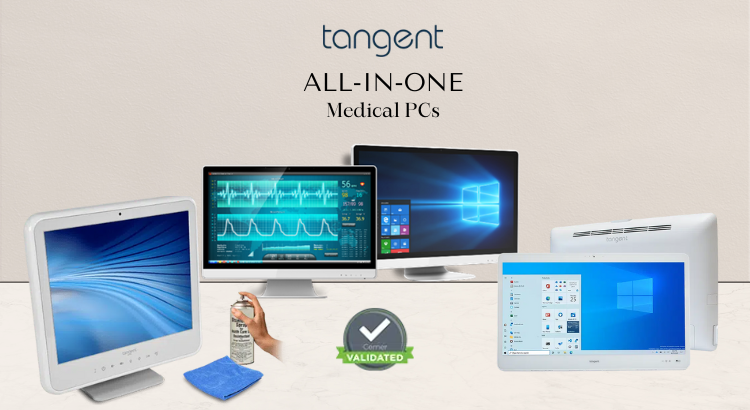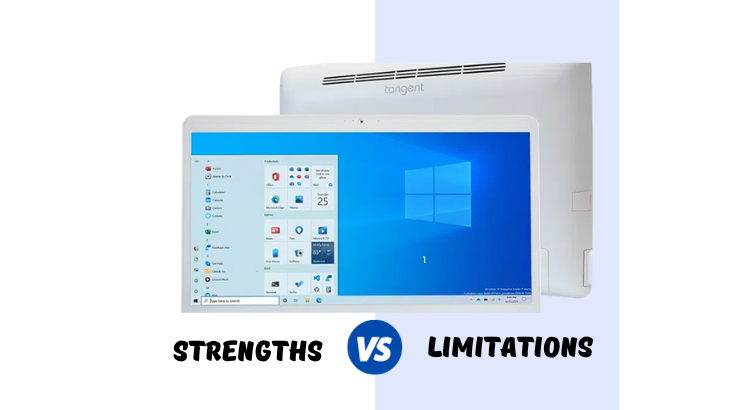What Makes a Computer “Medical Grade”? Medical-grade computers are engineered to meet specific safety and performance standards required in healthcare settings. One of the primary benchmarks is compliance with IEC/EN 60601 standards, which govern the safety and essential performance of medical electrical equipment. These standards ensure that the computers can operate safely in proximity to […]
Category: Medical Grade Computers

What is a Medical-Grade Device?
Medical-grade devices are specifically designed to meet the stringent demands of healthcare environments. These devices comply with rigorous standards and certifications to ensure they are safe, reliable, and effective in medical settings. Typically, they adhere to the International Electrotechnical Commission (IEC) 60601 standards, which govern the safety and performance of medical electrical equipment. Medical-grade devices […]

What Computers Do Doctors Use?
In healthcare settings, computers are central to managing patient data, diagnostics, imaging, and daily workflows. Doctors and healthcare professionals rely on specialized medical-grade computers, all-in-one (AIO) systems, and tablets designed to meet the stringent demands of medical environments. These devices need to perform seamlessly, adhere to regulatory standards, and often withstand rigorous sterilization processes to […]

Medical Grade Computers Are Essential for Modern Healthcare, Here’s Why
In healthcare, the margin for error is razor-thin, and technology plays a crucial role in ensuring safety, efficiency, and accuracy. One of the most vital pieces of technology in medical environments is the medical-grade computer. But what exactly is a medical-grade computer, and why are these devices essential in healthcare facilities? In this article, we’ll […]

Why Choose Tangent for Medical Grade Computers and Tablets
Medical-grade computers and tablets are vital tools that support a range of critical applications, from patient monitoring and electronic health records (EHRs) to telemedicine and medical imaging. When choosing medical-grade technology, not all computers are created equal. This is where Tangent, a leader in manufacturing computers for the healthcare industry, comes into play. Let’s explore […]

What is a Medical Computer?
Technology is indispensable for delivering patient care these days. From managing patient records and overseeing medication orders to conducting diagnostic tests and facilitating telemedicine, healthcare professionals rely heavily on computers and other digital devices to carry out their responsibilities effectively. However, not just any computer can meet the demands of a hospital environment. It is […]

What is a Medical Computer?
VITA KW22 by AlexKT on Sketchfab VITA KW22 by AlexKT on Sketchfab https://blog.tangent.com/wp-content/uploads/2024/08/1.jpg Wondering what a medical computer is? In the healthcare industry, technology plays a crucial role in delivering patient care. From managing patient records and tracking medication orders to performing diagnostic tests and supporting telemedicine, healthcare professionals rely on computers and digital devices […]

Transform Your Medical Workflow with Tangent’s Cutting-Edge Tablet Solutions
Tangent’s cutting-edge tablet solutions are designed to revolutionize medical workflows, offering unparalleled efficiency, accuracy, and accessibility in healthcare environments. 8 Ways Tangent Tablets Transform Healthcare Workflow: 1. Intuitive and User-Friendly Interface User-Centric Design: The tablets feature an intuitive user interface, thoughtfully designed to reduce the learning curve for medical professionals. This allows for easy navigation […]

What is a Medical PC All-In-One ?
You’ve heard these device names before: “Medical Computer“, “Medical Tablet“, “Medical Cart“, “Medical PC“.. your understanding of each is pretty fair and well placed; but, “Medical PC All-In-One?!” If your head just exploded or irritation struck, we get it. It’s a mouthful and what exactly is it? A Medical PC All-In-One is actually a well-appointed, […]

What are the strengths and limitations of computers in Medicine?
The National Library of Medicine, has a publication titled, “APPLICATION OF COMPUTER TECHNIQUES IN MEDICINE”. The article mentions the several applications and limitations of computers. Medical computers have become vital tools in the field of medicine, greatly impacting patient care, research, and healthcare administration. However, like any technology, they come with strengths and limitations. Strengths: […]
